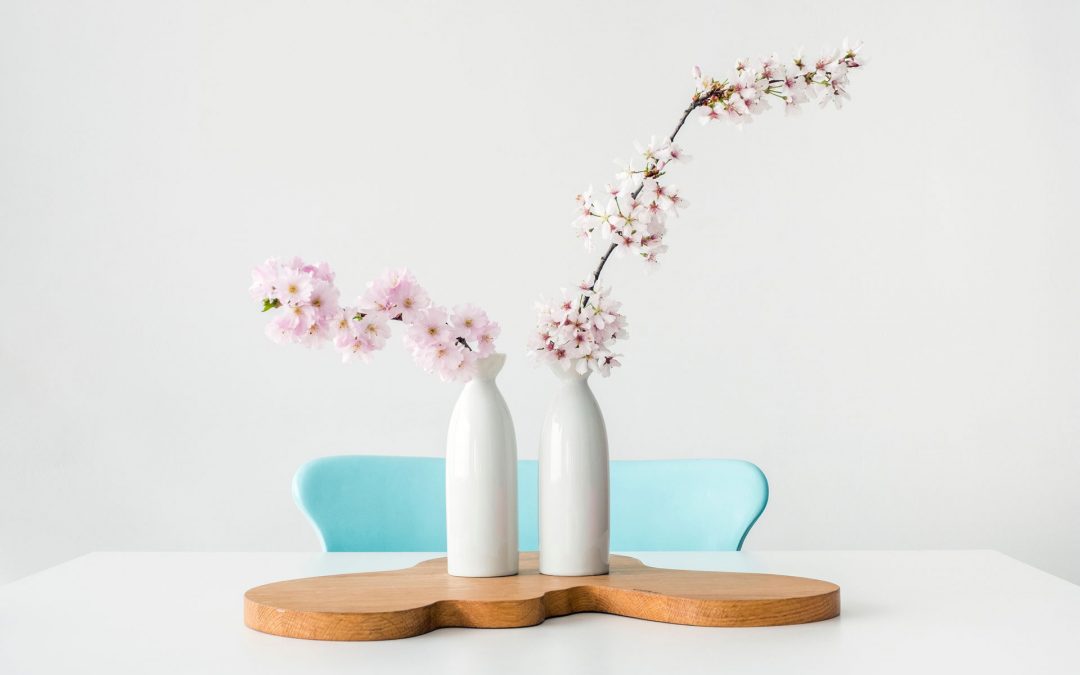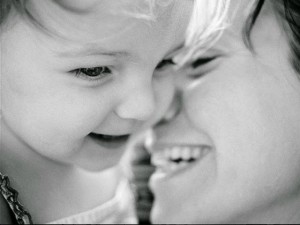This was originally published at The Gospel Coalition Australia.
A New Year heralds the start of new things: new health, new diaries, new resolutions. Regardless of the year we have just finished, we look at our blank calendars and our heart waits expectantly, longing for a year ahead that is even better than the one we have just had. On January 1st—into our human longing for improved selves and improved lives—waltzed Marie Kondo, with a fresh promise of peace and joy through tidying-up. In an art of marketing genius, Netflix offered the answer for our longing; a promise of peace for our soul through clutter-free living that inspires us—fueling our cleaning, filling our Facebook feeds and inundating our op shops with items that don’t bring us the joy we so longed for when we first bought them. This is “Tidying Up with Marie Kondo” (Netflix, 2019).
Into our human longing for improved selves and improved lives—waltzed Marie Kondo, with a fresh promise of peace and joy through tidying-up
I was won over instantly. Someone is going to teach me to tidy up? Yes, please. The appeal of making such mundane chores into something inspiring is all too exciting. I have tuned-in with interest to those online, posting pictures of clothing drawers filled with shirts and shorts folded in the Marie Kondo upright method. Yet as I do so, I wonder what is it about this craze that is sweeping the Western world? What is happening spiritually in all of this?
1. Sin has Caused Us to Shop Ourselves into a Frenzy
Since the Fall, Satan has been whispering deceptive answers to the longing of our corrupted souls. One of which has been in the god of shopping, another in the god of home. Materialism and affluence, has meant that we are people of fast fashion and cheap thrills. We head to the shops and fill our homes with stuff, hoping that this latest gadget, or item of clothing, or new artwork, will unlock the secret to happiness and joy. Yet none of these things has delivered. We’ve simply been left with full houses and empty hearts. Thus, for Marie Kondo, the first step involves bringing all of one’s clothes to a central location in order to experience that overwhelming feeling of just how much stuff one actually has. For example, in Episode 2, we meet tidying up disciple Wendy Akiyama, a self-proclaimed lover of clothes. As Ms Akiyama brings pile after pile to the bedroom, we start to wonder if the room will be able to contain all her purchases. Instead of being full of joy, we are overwhelmed at the sheer amount she has and that we know we have too and so we look for help, someone to help us navigate our way through our mountain of stuff.
Enter Marie Kondo, stage left, quietly and peacefully promising this answer. And while clearing the clutter is a good thing, we need to realise that it isn’t the best thing. Neatly folded clothes will one day become messy—and if we don’t stop searching for the answer to our problem in materialism, our homes will simply fill up again.
2. God Is the Rest We Long For
Whether we recognise it or not, our souls are longing for more than clutter-free lives. Our souls are longing for restored relationship with our God of order. In Genesis, we see how God creates everything with a purpose in its proper place. As image bearers, we too want to live this way. However, with the rapid pace and disordered priorities of our lives, we easily slip into the cultural adage to Shop. Shop. Shop. Without God as our priority, our homes and wardrobes become chaotic and our lives lack the joy that we long for.
You see, the answer for the chaos and ultimate punishment of death, wrought by our rejection of God is in Jesus our Saviour. In him we find forgiveness and restored relationship and a different way of living. We are called to “seek first His kingdom” rather than creating our own kingdoms. We hear our creation-mandate to tend the world around us and bring joy through the light he shines. The Holy Spirit begins a new work, tidying up our ravaged hearts and bringing real joy—not the joy of new possessions or cleverly arranged linen cupboards—but of restored relationship with our Creator.
Our souls are longing for more than clutter-free lives. Our souls are longing for restored relationship with our God of order.
In this ‘Now but Not Yet’ time—the in-between of being saved by grace yet longing for the new heavens and earth when we will be reconciled fully to God—our hearts and flesh still battle within us. Marie Kondo offers some simple steps to help us in our homemaking. These are good—they are a way of reflecting our Creator. Yet, as in the story of Mary and Martha (Luke 10:38-42), there is a danger of doing it for ourselves rather than God. As we look through our stuff and identify what brings us delight, we need to ensure our eyes are firmly fixed on Jesus, the author and perfecter of our faith (Hebrews 12:2.)
3. Beware of the Animistic Attraction
In Genesis, we read of the beauty of creation: God, in all his splendour, creates the world around us. It dazzles us as we read of the goodness of it all. Yet, all too soon, we see that Adam and Eve choose to put their hope in a lie—a lie of beauty and a false hope of becoming gods. It’s a decision that each of us repeats. As Romans 1:25, observes, we have all “exchanged the truth about God for a lie, and worshiped and served created things rather than the Creator—who is forever praised.”
As I tuned in to the peaceful show of Tidying Up with Marie Kondo, I was taken aback with Kondo’s need to introduce herself to the house, and her instruction to thank the clothes that don’t bring joy. What is she doing? On one level, it seems like a lovely thing—one tidying up disciple labeled it as simply ‘being grateful’. Yet thanking inanimate objects such as a brick and mortar home, or a cotton blouse should cause us to pause and consider what is going on. While the show hasn’t explicitly stated any religious ties (aside from the Christian tidying-up disciples who say grace and thank God), this practice of thanking objects can be tied to the traditional Japanese religion of Shinto. In Shintoism, there is a belief that inanimate objects can actually possess a spirit or kami—a godlike essence or energy that needs to be respected. This reverence for the energy in objects is doing exactly what Romans 1:25 proclaims: worshipping the creation rather the Creator. Similarly, in materialism we place our hope and delight in an item, glorifying and idolising our purchase. While the spiritual significance may not be as abundantly clear as in Shintoism, the spiritual reality is almost identical. As Christians, we need to be grateful to the Giver, not the given. Worshipping and thanking God who provided the home or the clothes, rather than the objects themselves.
So as I watch “Tidying Up with Marie Kondo”, I need to be vigilant. The show helpfully reminds me of how much stuff I can live without. Yet as I see my drawers a little lighter, I need to guard my heart against wanting to rush out to fill them again. As I make my home more organised, I need to guard my heart against worshipping the created rather than the Creator. As I see the Netflix announcement that another episode is on its way, I need to guard my heart against neglecting the people around me and binge-watching a series that keeps tempting me to rejoice in things. And, as I see Marie Kondo peacefully take time to thank the home and introduce herself to it, I need to pause and thank God who provides all things, and to see my life in light of eternity.








